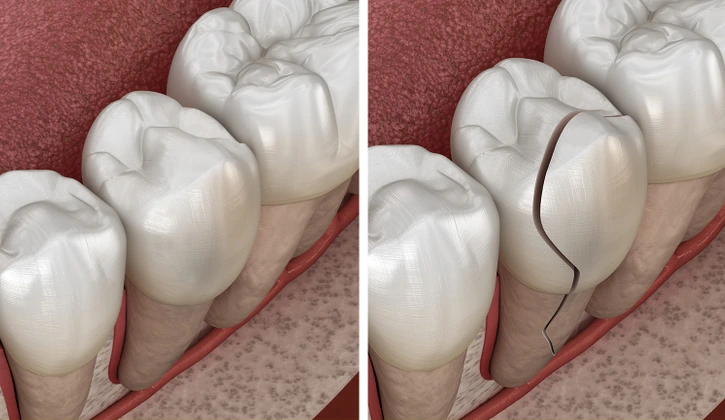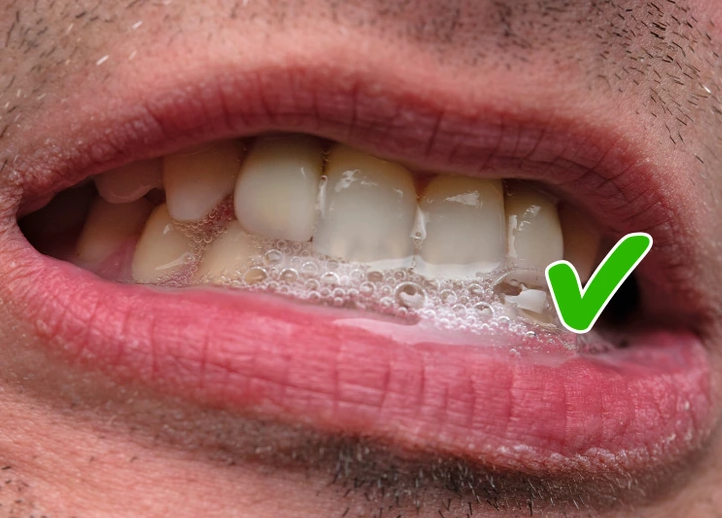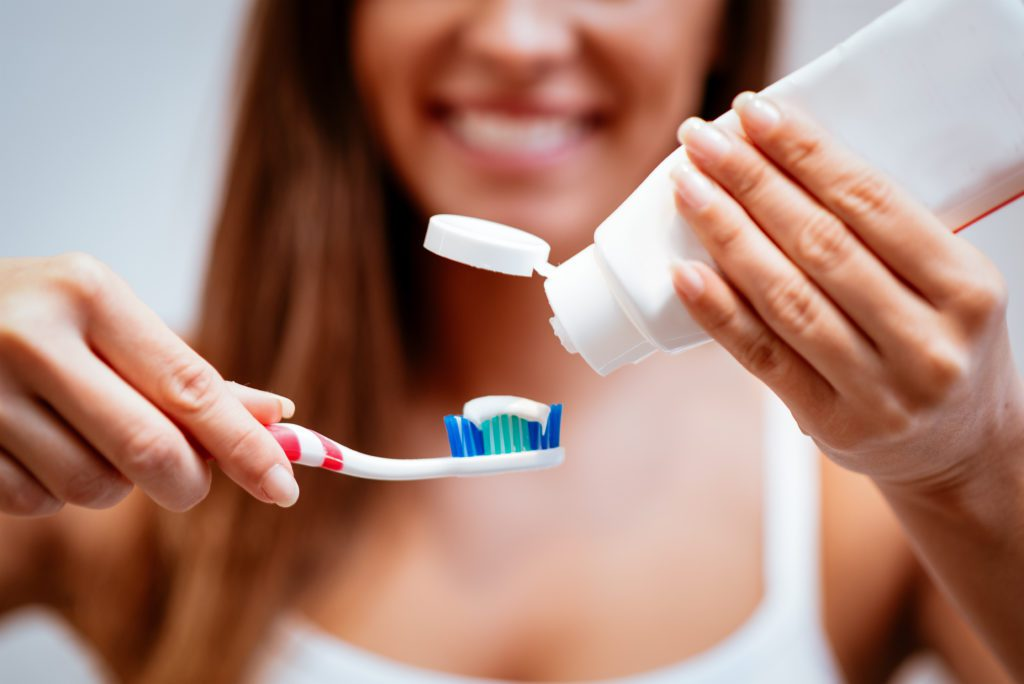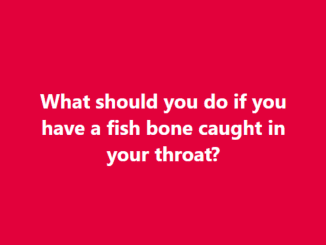Brushing your teeth is one of the simplest habits for maintaining good oral hygiene. However, timing plays a crucial role in ensuring that this practice actually benefits your teeth. Many people brush right after breakfast, believing it’s the ideal way to clean away food debris and freshen their breath for the day ahead. But here’s the catch: brushing too soon after eating—especially when consuming acidic foods—can actually harm your teeth. Let’s break down why waiting or brushing beforehand might be a better choice for your dental health.
1. Brushing After Breakfast Can Damage Your Enamel

Did you know that certain breakfast foods can temporarily soften your tooth enamel? Citrus fruits like oranges, grapefruits, or lemon water are common breakfast staples, but their high acidity can weaken the enamel—the hard outer layer of your teeth. When you brush your teeth immediately after consuming acidic foods or drinks, you risk wearing away this softened enamel, leading to long-term damage.
Instead, it’s better to wait at least 30 minutes after eating acidic foods before brushing. This gives your saliva time to neutralize the acids and re-harden the enamel. Short on time in the mornings? Brushing before breakfast is a safe alternative that won’t harm your enamel.
2. Post-Breakfast Brushing Can Affect Tooth Color
Enamel doesn’t just protect your teeth from decay; it also shields them from stains. However, weakened enamel can allow pigments from food and drink to penetrate more deeply into the tooth’s surface. If you regularly brush right after eating, especially foods like coffee, tea, or berries, you may notice your teeth becoming more prone to discoloration over time.
When enamel is compromised, your teeth are less equipped to fight off the substances that cause stains. Brushing before breakfast or rinsing your mouth with water after eating can help preserve your teeth’s natural whiteness while still removing debris.
3. It Can Make Your Teeth More Sensitive
Ever felt a sharp jolt of pain when sipping a hot coffee or biting into an ice cream cone? That’s tooth sensitivity, and it’s often linked to weakened enamel. Brushing your teeth immediately after consuming acidic or sugary foods can wear away the enamel layer, exposing the dentin underneath. This leads to increased sensitivity and discomfort.
Avoid this by brushing your teeth before breakfast instead. If you still feel the need to freshen up after eating, rinsing your mouth with water or chewing sugar-free gum can help without harming your enamel.
4. Brushing Before Breakfast Stimulates Saliva Production

Brushing your teeth as soon as you wake up might feel counterintuitive, but it actually comes with some surprising benefits. For one, it stimulates the production of saliva, which is your mouth’s natural defense against bacteria. Saliva contains antimicrobial properties that help neutralize acids, break down food particles, and wash away harmful bacteria before you even start eating.
By brushing pre-breakfast, you’re essentially giving your mouth a clean slate and encouraging a healthier environment to process your morning meal. Plus, the minty freshness from toothpaste can make your food taste better by neutralizing overnight breath.
How Breakfast Foods Impact Tooth Health
What you eat for breakfast can significantly influence how and when you should brush your teeth. Here are a few common breakfast items and their effects on your teeth:
- Citrus Fruits and Juices: High in acid, these foods can weaken enamel and leave your teeth more vulnerable to damage if brushed immediately afterward.
- Coffee or Tea: Both can stain your teeth over time, especially when enamel is compromised.
- Sugary Cereals and Pastries: These promote bacterial growth, which leads to cavities if not managed properly.
If your breakfast leans toward acidic or sugary options, brushing before eating is the safest route to protect your enamel.
The Best Morning Oral Hygiene Routine

So, what’s the ideal way to care for your teeth in the morning? Here’s a simple routine to keep your smile healthy:
- Brush Right After Waking Up
Start your day by brushing your teeth to remove bacteria that accumulated overnight. Use a fluoride toothpaste to strengthen your enamel and protect against decay. - Eat Breakfast
Enjoy your meal without worrying about the immediate need to brush. If you’ve consumed something acidic, drink water or rinse your mouth afterward. - Rinse or Chew Gum Post-Meal
If you want to freshen up after breakfast, swish with water or chew sugar-free gum. Both help neutralize acids and stimulate saliva production without damaging enamel. - Wait 30 Minutes Before Brushing Again (if necessary)
If you prefer to brush after breakfast, wait at least 30 minutes to give your enamel time to recover. This minimizes the risk of enamel erosion.
Why Timing Matters for a Healthier Smile
Oral health isn’t just about what you do—it’s about when you do it. Brushing your teeth immediately after breakfast might feel like the right move, but it can backfire, leaving your enamel weaker and your teeth more vulnerable to stains and sensitivity. By brushing before breakfast or waiting after a meal, you’re giving your enamel the care and protection it needs.
A Balanced Approach to Morning Hygiene
At the end of the day, maintaining good oral hygiene is about balance. Brush consistently, floss daily, and be mindful of when and how you care for your teeth. By making small adjustments to your morning routine, like brushing before breakfast or waiting after a meal, you can protect your enamel, prevent sensitivity, and keep your teeth looking their best.
So, the next time you’re tempted to reach for your toothbrush after breakfast, pause and consider what’s best for your smile. Sometimes, timing really is everything!


